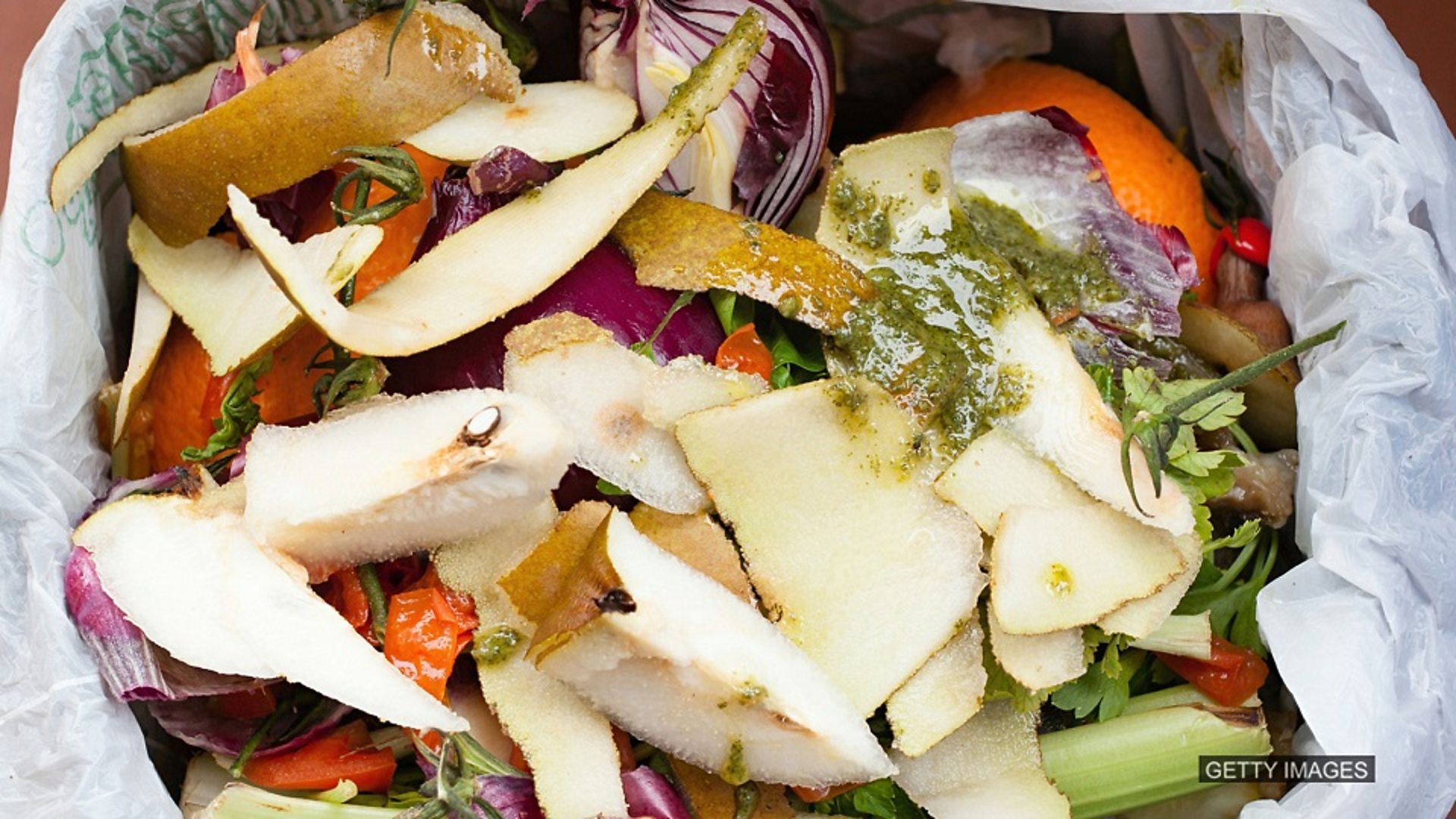- 文本
- 练习
- 答案
近年来,发达国家正面临愈演愈烈的食品浪费现象。生活在这些国家的人们仍掉大量的食物,与其对比,另有一些国家的人们面临食物紧缺,饥饿难耐。本期《随身英语》讨论导致食物浪费的原因和可减少浪费的办法。
How much food do you buy each week? Are you someone who stuffs your fridge and cupboards full of edible treats so that you'll always have something to munch on and so that you'll never go hungry? Or maybe, like me, you're more efficient with your shopping, only buying what you need and using up your leftovers so that you keep food waste to a minimum.
Throwing away unwanted food has become a big issue in the developed world. While some of us chuck away unwanted items, people in other parts of world face food shortages and are starving. It's a shocking fact that a third of the world's food is wasted each year. The actual figure is 1.3 billion tons of food, which is enough to feed a billion hungry people.
You may think supermarkets are the main contributors to this mountain of food. After all, they do discard stuff that's past its sell-by-date and they often refuse to sell vegetables or fruit that are the wrong shape or look damaged. They've also been criticised for encouraging customers to buy more than they need through promotions such as 'buy one get one free'.
But the biggest culprit for creating food waste is us. In Europe an incredible 53% of food waste comes from households, which results in 88 million tonnes of food waste a year. So instead of filling our bellies, our food is filling up landfill sites – it's buried and left to rot. Unfortunately this causes greenhouse gases which eventually leads to global warming and climate change.
In Denmark, a woman called Selina Juul has been working hard to tackle this problem. She moved from Russia many years ago and was amazed to see the abundance of food available in the supermarkets. But despite so much availability, she found that people were buying more than they needed and throwing too much away.
She convinced some supermarkets to stop selling their items in bulk so that people bought only what they needed. She produced a leftovers cookbook and she's now set up an education programme in schools. This has helped create a significant 25% reduction in food waste, which shows that something can be done.
Clearly, we need to think twice when we put something in our shopping trolley, and when we're at home we should make the most of the food we have – using recipes that use up our leftovers or even sharing our excess food with our friends and neighbours.
词汇表
edible 可食用的
efficient 效率高的
leftover 剩饭,剩菜
chuck 扔
contributor 贡献者
discard 扔掉
sell-by-date 出售截至日期
buy one get one free 买一赠一
culprit 罪魁祸首
landfill 垃圾填埋厂
rot 腐烂
greenhouse gas 温室气体
abundance 大量,充足
bulk 批量,大量
cookbook 食谱
think twice 三思而后行
excess 多余的
